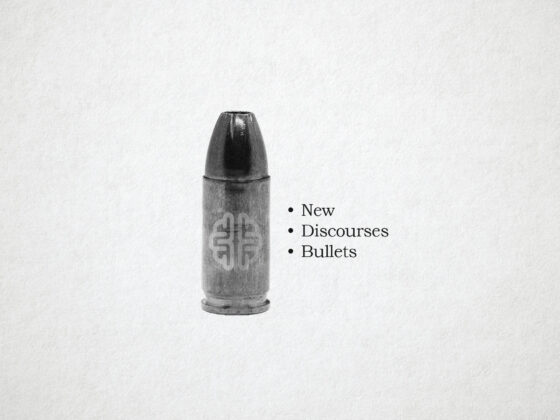OnlySubs Episode 74: On the Manufacture of Fake Consensus is now available exclusively for New Discourses contributors on the following platforms:
Facebook
Locals
Odysee
Patreon
Subscribestar
Substack
YouTube Members
The Woke do not have a popular ideology, but they’re very good at creating the illusion that they have massive support. In fact, they’re experts at generating the appearance of consensus among all good, reasonable, smart, and sane people even when only a tiny fraction of people support their agenda. This manufactured illusion of support is crucial to the Woke strategy, and it is effected by swarming on social media, astroturfed support campaigns, flashmobs, bullying, and silencing opposition. The most important things to know about it are that it’s fake and that, even if it wasn’t fake, it’s irrelevant. Consensus doesn’t imply truth, and small numbers of people who are very vocal and active do not imply widespread support, especially when dissent is vigorously silenced. In this episode of James Lindsay OnlySubs, my contributors-only podcast, I go briefly into the topic of manufactured fake consensus and Woke activism. Join me and check it out.
Additional episodes of OnlySubs can be found here.









3 comments
Happened to me once several years ago. I jokingly pointed out on a wokish thread that only colonization of America allowed the UK to be on the winning side in WW2, so if you’re anti-colonization, you’re pro-Nazi. That did not go down well…
Kind of felt like the arrow storm in 300. The mob were NOT prepared to countenance the apparently subversive concept that historical events could be morally nuanced. No gray areas, just black and white, good and evil. Probably the only time in my life I was called a racist and white supremacist. Not that it matters but I’m not white, LOL.
Diversity Training and Herbert Marcuse’s widow!
https://nonsite.org/the-first-privilege-walk/
To quote Crane Brinton’s “The Anatomy of Revolution”,
“Their fewness is indeed one of the great sources of the extremists’ strength. Great numbers are almost as unwieldy in politics as on the battlefield. In the politics of revolutions what counts is the ability to move swiftly, to make clear and final decisions, to push through to a goal without regard for injured human dispositions. For such a purpose the active political group must be small. You cannot otherwise obtain the single-mindedness and devotion, the energy and the discipline, necessary to defeat the moderates. You cannot maintain the fever of fanaticism in large numbers of people long enough to secure the ultimate victory. The masses do not make revolutions. They may be enlisted for some impressive pageantry once the active few have won the revolution. Our twentieth-century revolutions, both of the Right and the Left, have achieved apparent miracles of mass participation. But the impressive demonstrations the camera has recorded in Germany, Italy, Russia and China ought not to deceive the careful student of politics. Neither Communist, Nazi, nor Fascist victory over the moderates was achieved by the participation of the many; all were achieved by small, disciplined, principled, fanatical bodies” (Brinton, p. 154 – 155)